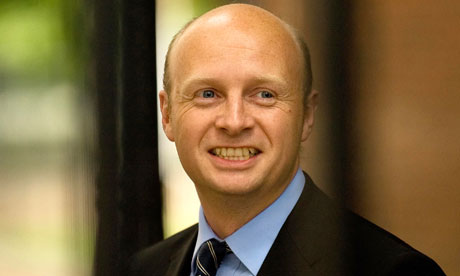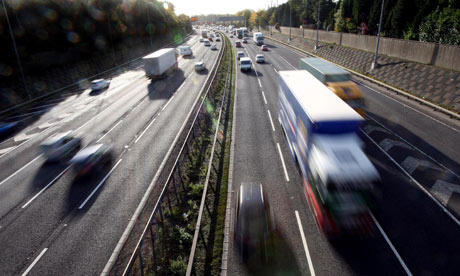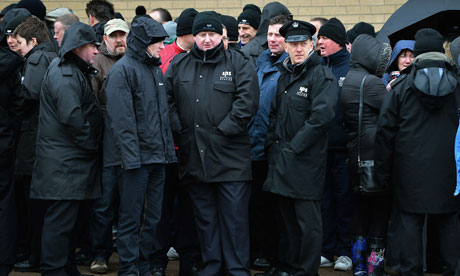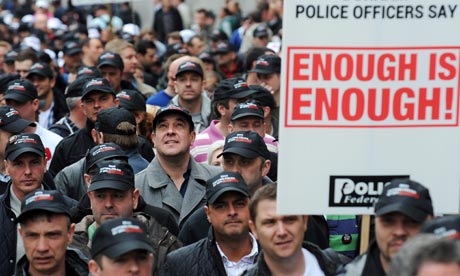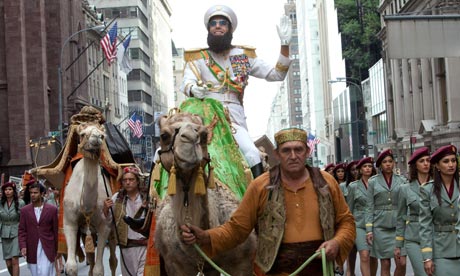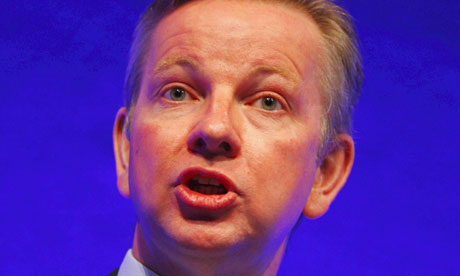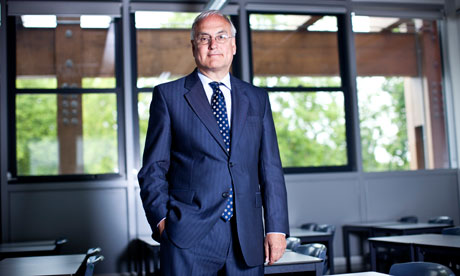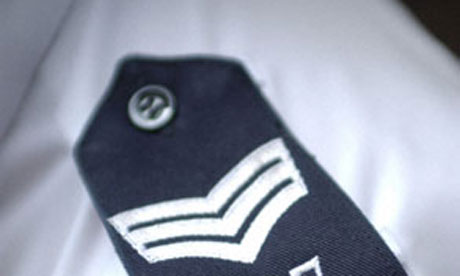
The Metropolitan police sergeant was suspended after allegedly making a racist comment in front of other officers. Photograph: Alamy
Scotland Yard has announced its 14th investigation into alleged racism since the controversy over prejudice within the force began six weeks ago.
A Metropolitan police statement said a sergeant has been suspended pending an investigation into racist comments he is alleged to have made on Wednesday. He is the 28th Met officer known to be under investigation or facing prosecution since the racism row began.
The controversy began at the end of March when the Guardian released a mobile phone recording in which Constable Alex MacFarlane was captured allegedly racially abusing a black suspect.
The Crown Prosecution Service recently announced that MacFarlane, 52, will face prosecution for racially aggravated public disorder — reversing its earlier decision not to charge the officer.
On Wednesday, the CPS said it had reversed its decision not to prosecute a second police officer, accused of assaulting a 15-year-old black boy. Both incidents occurred on the same night.
The second constable will be charged with assault occasioning actual bodily harm. There was no suggestion in the CPS announcement that there was any racial dimension to the second prosecution.
A third Met constable, Philip Juhasz, 31, was recently convicted of racially aggravated public disorder after telling a Pakistani takeaway manager in north London to "go back to your fucking country" after he refused to serve him discounted goods.
The Met commissioner, Bernard Hogan-Howe, has responded to the series of revelations in the Guardian about alleged racism by promising to "drive out" racists from the force.
Unusually, the Met did not provide many details about where in the capital the latest alleged incident occurred. The force said the incident did not involve members of the public.
"The incident happened at around 08:20hrs on Wednesday 9 May in the north London area. The male officer is alleged to have made a racist comment in the company of other officers. One of his colleagues subsequently reported the incident to a supervisor," the statement said. "The police sergeant has been suspended from duty while enquiries continue."
The case has been referred to the Independent Police Complaints Commission.
The Met is the only force in the country compelled to automatically refer all racism-related cases to the IPPC.
New protocols for dealing with racism complaints at the Met were introduced last month amid growing concern at the scale and nature of complaints.
The Met statement said: "Racism and racist language is totally unacceptable. The action taken in response to this allegation demonstrates the [Met's] determination to act swiftly and to support those that challenge others when alleged racist language is used."
Senior police officers argue the Met has improved significantly since the Macpherson inquiry in 1999 branded the force "institutionally racist".
However, the Independent recently obtained figures indicating complaints about racism in the police nationwide have more than doubled in the last 10 years.

